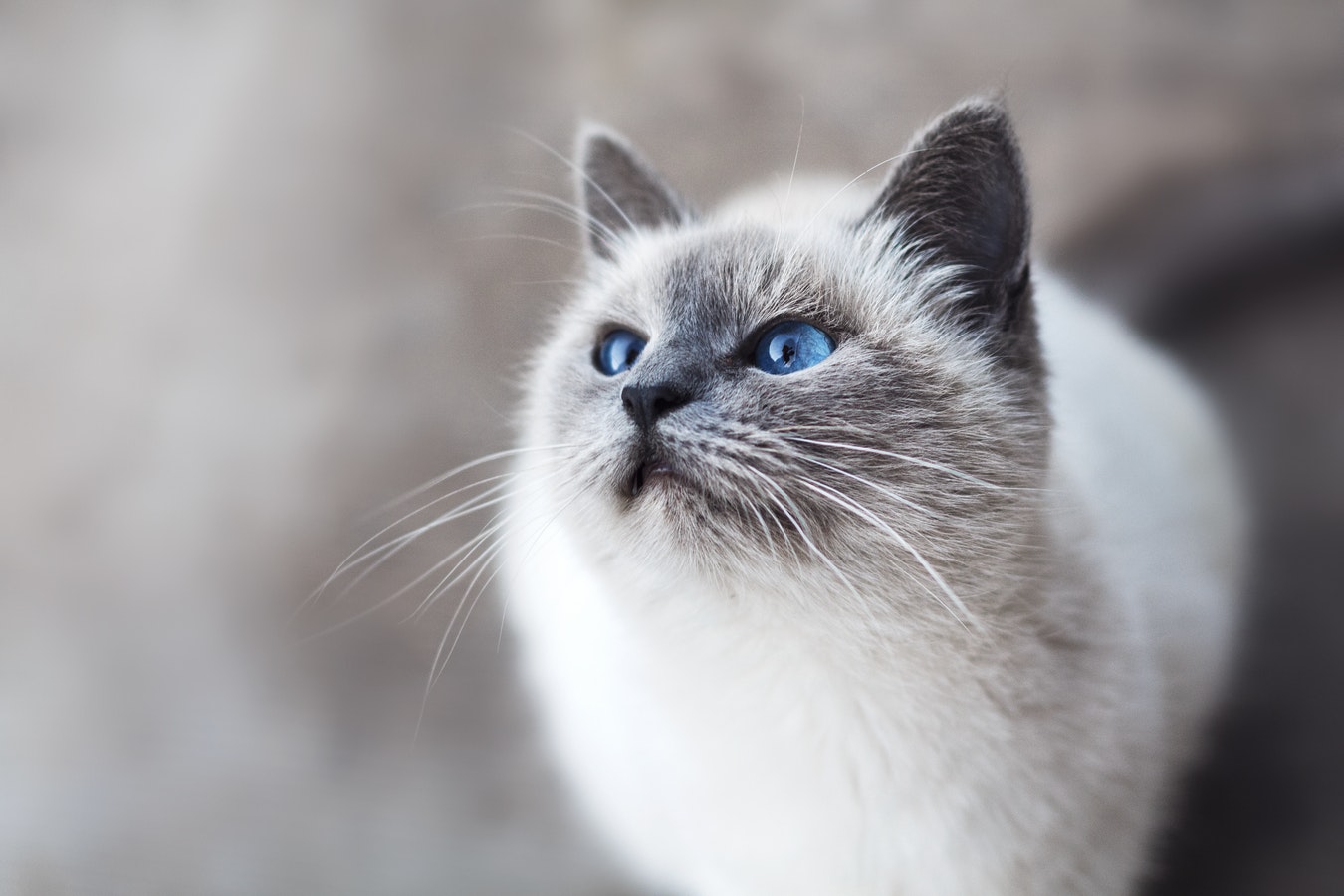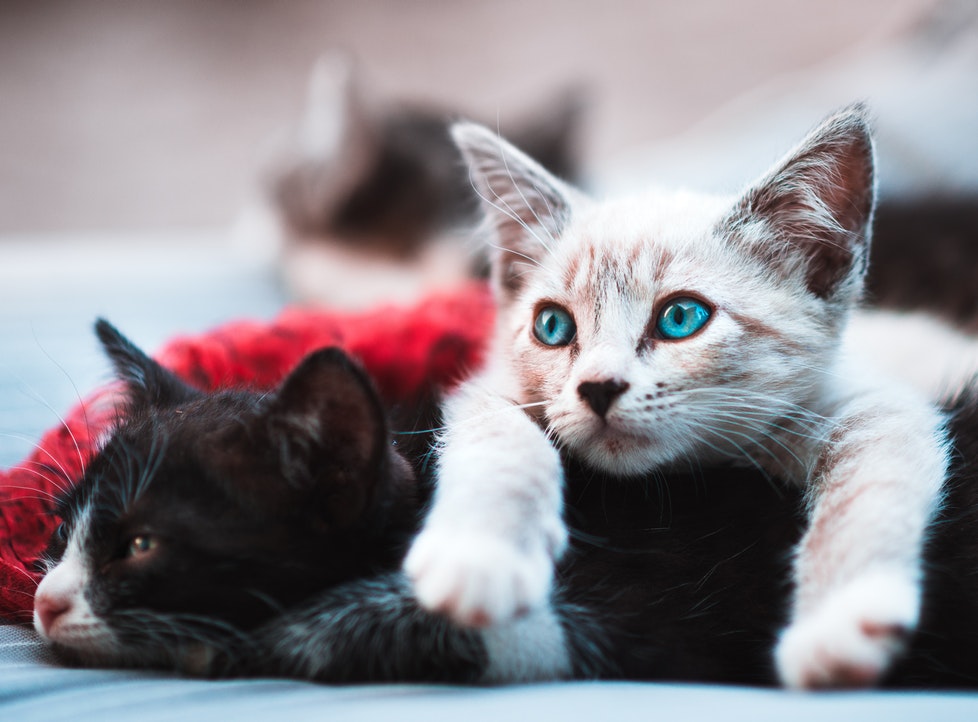Cats make all manner of magical (and not so magical) sounds and the purr is probably the one you love best.
How is a purr even produced, though?

There is no special structure in the feline body that produces the sound; it’s a cat thing.
“Purring involves the rapid movement of the muscles of the larynx (voice box),” says Purina pet food, “combined with movement of the diaphragm (the muscle at the base of the chest cavity). The muscles move at around 20 to 30 times per second.”[i]
It’s an assuring, non-stop sound, continuing through the inhale and the exhale[ii].
So, is everything PURRfect?
Not always. “Cats purr even when they give birth and when severely injured in a barren cage at the veterinarian's,” says Animal Voice[iii]. “There are cases of cats purring when they are in grave physiological or psychological stress, as well as when they sit on your lap.”
As much as you generally associate these low frequency messages with a happy kitty, it has more than one meaning.
Want to be a better cat parent? Ask yourself if Mittens is telling you one of the following:
What a purr might mean
“I am sooo happy!”
You guessed it, purrfect bliss. But hang on, could it also mean…
“Pretty please, can you give me…?”
A vocalised purr can be a way of Sushi gently asking you for something. Like food. Because manners. “When cats purr for food,” Pet Food brand Purina[iv] continues, “they combine their normal purr with an unpleasant cry or mew, a bit like a human baby's cry.”[v]
“Not now, please. Bonding with my babies”
Mommy cats are famous for a blissful expression and the rumble of love. In this instance, it’s all about the mommy-kitty connection. Kittens can purr when they’re only a few days old and it is believed that the vibrations help mother cats and kittens communicate at this early stage.
“Just healing myself here”
Pets Web MD points out that the vibrations that purring creates can help[vi] to:
- heal broken bones and open wounds
- build muscle and repair tendons
- diminish pain and swelling
- make breathing easier
That’s a good thing, because all that muscle action takes a fair amount of energy. It might also explain why cats often recover relatively better than other pets if they fall from a height.
What about the wild ones?
Individualists to the end, not all wild cats purr. The bobcat, cheetah, Eurasian lynx, puma, and wild cat can, but you won’t hear it from lion, leopard, jaguar, tiger, snow leopard, or clouded leopard.



